Breath is vital to our life—both for physiological and psychological well-being. Studies and practices show that voluntarily slowing down one’s breath is not only meditative but also relaxing; however, the debate continues on how breath can impact psycho-physiological conditions. Slow breathing techniques alter breath patterns, which enhance psychological, cerebral, and behavioral outputs. These changes increase comfort, energy, and alertness while reducing the chances of anxiety, depression, and distress.
We all know that breath is closely linked with mental functions and has been an essential aspect of most meditative practices. These practices are not only followed by yogis and wellness experts but also by military forces. In Eastern culture, it is acknowledged that the cognitive aspects of meditation achieve an altered state of consciousness. However, in the West, the common belief is that breath control has major benefits on health, such as wellness and stress reduction. Yet there is very little attention paid to understanding the nuances of breath control’s impact on the neural correlates of mental functions. Breath seems to be relegated to an ancillary role compared to other mechanisms, such as cognitive or affective ones. Findings from a systematic review article on frontiersin.org show how researchers are correlating slow breathing and breath control techniques with improvements in psychophysiological conditions.



